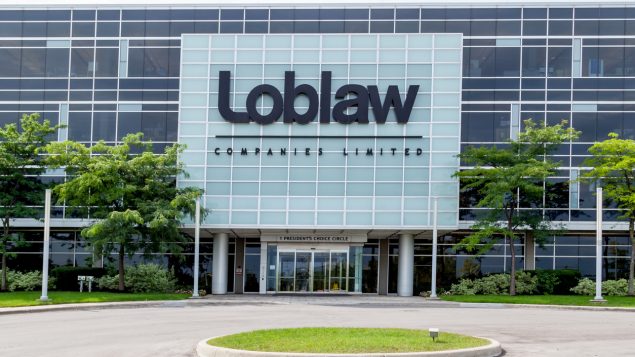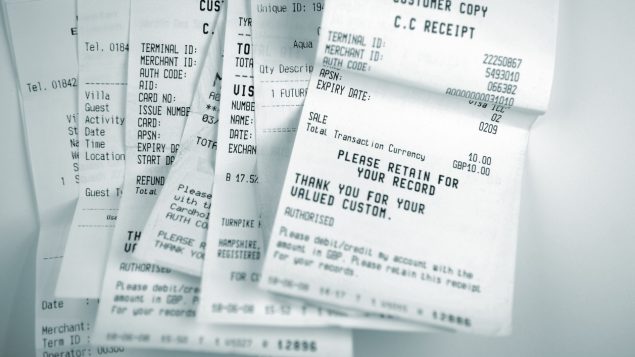Several groups are cheering Loblaw’s commitment to phase out receipt paper containing BPA, BPS and other bisphenol alternatives by the end of 2021. These chemicals have been found to be endocrine disruptors and some studies have linked them to other possible health effects, but not conclusively. The Government of Canada has banned the use of BPA in baby bottles. Public concern has put pressure on some companies to phase out their use. In January 2020, Costco Canada became the first grocery retailer based in Canada to phase out bisphenol-coated receipt paper.
Loblaw committed to do the same in its 2020 Corporate Social Responsibility Report. The company is Canada’s largest grocery retail and drugstore company and the phase out would apply to all of its subsidiaries. The commitment has garnered congratulations from labour, women’s health and environmental groups.

Retail giant Loblaw committed to phase out bisphenol-coated paper in its 2020 Corporate Social Responsibility Report. (iStock)
Cashiers may be exposed to much more BPA, BPS
Environmental Defence had released research findings that showed cashiers may be exposed to BPA and BPS at levels many times greater than the average person from handling receipts coated with them.It mounted a campaign to get Canada’s top retailers to stop using them which garnered the support of the United Food and Commercial Workers Canada union, Breast Cancer Action Quebec and the Mind the Store Campaign. They expressed satisfaction with the Loblaw decision.
“We commend Loblaw for making this important sustainability commitment and for taking the steps necessary to protect its workers and customers from harmful chemicals,” said Muhannad Malas, Toxics Program Manager at Environmental Defence. “Grocery store cashiers who are exposed to high levels of hormone-disrupting BPA and BPS from handling receipts deserve to be protected, especially after putting their health at risk during the COVID-19 pandemic to ensure that we can all safely shop for food and household needs.”
Jennifer Beeman, executive director of Breast Cancer Action Quebec called the Loblaw decision excellent news for women’s health. “There is no doubt that bisphenol exposures can disrupt normal breast development and health, as well as many other health problems. We hope this is only the beginning of responsible companies acting, where the federal government has not, to protect Canadians’ health,” she said.







For reasons beyond our control, and for an undetermined period of time, our comment section is now closed. However, our social networks remain open to your contributions.